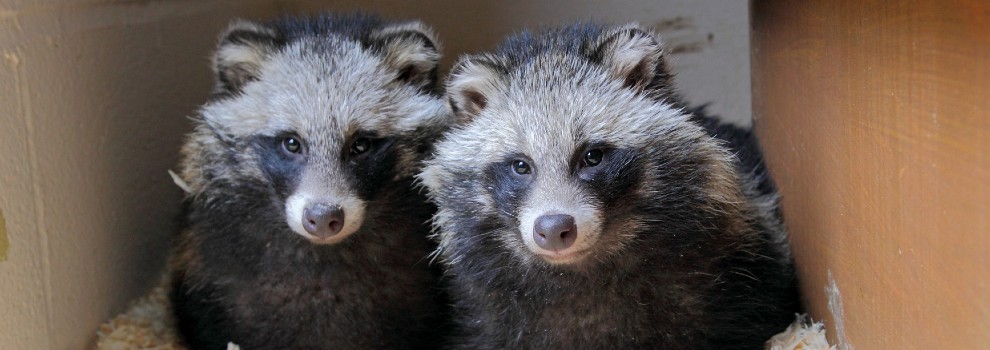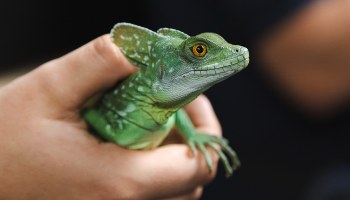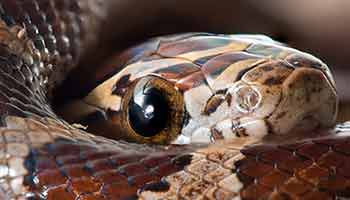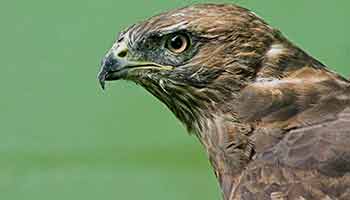- Find a Pet
- Advice and Welfare
- Ways to Give
- Get Involved
- What We Do
- Search
- My RSPCA
- Report a concern
- Sponsor
-
Colour modeVivid Calm
- Home
- Advice and welfare
- Pets
- Exotic pets
- Raccoon dogs
Keeping raccoon dogs as pets
Here you’ll find out about raccoon dogs – what they are, what they eat and whether they can be kept as pets.

Selling raccoon dogs in the UK
Since 2 February 2019, it's been illegal to sell raccoon dogs (except for existing 'stock'), as they're a highly invasive risk to native species in Europe. These regulations also don't allow breeding and require raccoon dogs to be kept securely. Read more about the legal restrictions for keeping raccoon dogs and other invasive alien species.
Not a raccoon
Raccoon dogs (also known as a 'tanuki' or a Japanese raccoon dog) aren't raccoons – they're members of the canid (dog) family. They're native to the forests of eastern Siberia, northern China, northern Vietnam, Korea and Japan. They're now widespread in some European countries, having been accidentally released or escaped.
Diet
Raccoon dogs are omnivores and naturally feed on insects, rodents, amphibians, birds, fish, molluscs and carrion, as well as fruits, nuts and berries.
Pet suitability
A raccoon dog isn't suitable as a pet as their needs simply can't be met in a typical household. We strongly discourage people from buying or keeping one as a pet.
This is because:
- they're much more difficult to look after than you may imagine!
- there are strict legal restrictions on keeping, selling, rehoming, and breeding raccoon dogs, as they are a threat to our native wildlife
- they need space – raccoon dogs are wild animals rather than domesticated pets. In the wild, they have large home ranges, so it wouldn't be suitable to keep one in an enclosure that doesn't provide the space and complexity of the environment (water, hiding places, vegetation) they need
-
they're extremely smelly, as they use scent to communicate with one another – not the best quality in a house pet!
Sadly, it's not uncommon to see raccoon dogs kept in a house, a small enclosure in a garden or a small enclosure in a pet shop. These are all environments that are totally unsuitable for a raccoon dog's complex needs.
Rescued raccoon dogs
Our inspectors have taken in raccoon dogs who were no longer wanted as pets by their owners. This can be the result of the raccoon dog becoming unmanageable, or when owners realise that they cannot care for the animal properly.
We've attended properties where raccoon dogs have been kept in enclosures that are far too small. We've found raccoon dogs kept on their own, or with the family dog – neither of which is appropriate for this species.
Our team has also been called to capture and collect stray raccoon dogs that have escaped or been deliberately released into the wild. Releasing, or allowing a raccoon dog to escape, is a punishable offence under the Wildlife and Countryside Act.
Studies have suggested that raccoon dogs in the wild may live and hunt in pairs or small family groups, although solitary animals have also been seen. We rehome raccoon dogs to wildlife parks and zoos, in pairs or compatible groups.
If you've seen a raccoon dog who's been abandoned or are concerned about the well-being of a raccoon dog being kept as a pet, please contact us.
Looking for a more suitable pet? Why not check out our animals in need of a loving new home!



